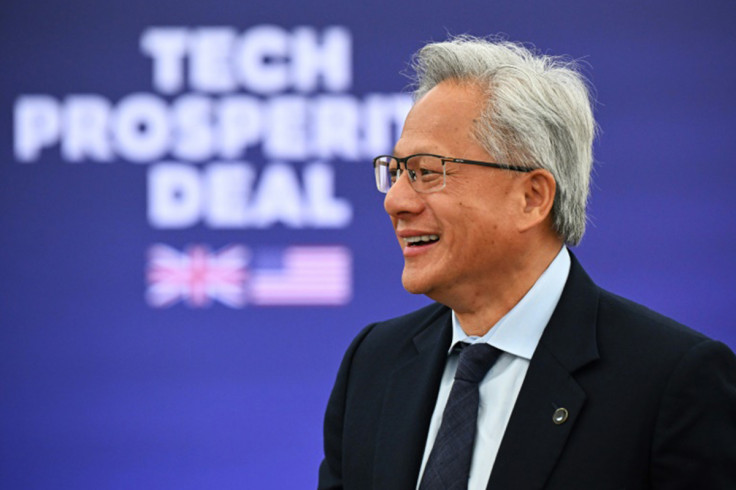AI Shocker: Nvidia Loses £195 Billion as Google Unveils Its Own Superchips
Nvidia Faces Growing Pressure as AI Technology Competition Heats Up

The world of artificial intelligence (AI) just got a massive jolt. Nvidia which is till today seen as the undisputed king of AI hardware has suffered a staggering hit to its market value after a new wave of competition emerged from Google.
Reports say that Meta Platforms (formerly Facebook) is exploring large-scale adoption of Google's AI chips have shocked investors, wiping out nearly a quarter-trillion dollars (around £195 billion) of value from Nvidia almost overnight. This brutal fall has triggered a complete rethink of how the AI hardware race might evolve. But Nvidia's response is also game changing.
Why Nvidia's Position is Under Threat
For many years, Nvidia's GPUs (graphics processing units) have powered nearly 90 to 95 per cent of AI workloads around the world. These chips became the backbone of everything from academic AI research to large scale those used by Big Tech, giving Nvidia tremendous influence and confidence. And within this comfortable environment, Google's custom chips known as TPUs (Tensor Processing Units) were mainly seen as efficient but niche tools, used internally and not taken seriously as mainstream alternatives.
However, that perception has changed rapidly it seems, as according to insiders, Meta is in advanced discussions to incorporate Google's TPUs in its own data centres from as early as next year (via rental through Google Cloud) to full scale deployment by 2027. Now, given Meta's size and its previously announced AI infrastructure spending plans (projected in the tens of billions as per reports), even a partial shift away from Nvidia could represent a seismic change especially for Nvidia.
And this was seen live in reaction, as Nvidia's shares dropped sharply. The company's valuation plunged overnight by roughly $250 billion (around £195 billion), a move that shows just how quickly investor confidence can shift when the technology landscape changes. Meanwhile, Google's parent company, Alphabet saw its shares climb as the market began to view TPUs as a credible alternative to Nvidia GPUs.
Importantly, the shift is not purely financial because if companies like Meta adopt TPUs, it will force wide scale diversification in AI hardware supply chains. And that could reduce the risk of over reliance on a single supplier, reshape pricing dynamics, and challenge the assumption that GPUs are the only viable option for large scale AI deployments.
READ MORE: ChatGPT Won't Stay Free for Long? OpenAI Expects 220 Million to Pay Up by 2030
Nvidia's Response to Google is Confident
Now, faced with one of the worst hits to its market value in recent memory, Nvidia broke from its usual reported silence to issue a public statement. In it, the company acknowledged Google's 'great advances in AI' but emphasised that it remains 'a generation ahead of the industry.'
Moreover, according to Nvidia, its GPUs, especially the latest Blackwell generation, are 'the only platform that runs every AI model and does it everywhere computing is done.'
Nvidia's message is not just defensive because it is reminding the market that its GPUs remain far more versatile than specialised chips such as TPUs. So while TPUs may offer high efficiency for certain machine learning workloads, they are not as flexible or general purpose as GPUs.
Nvidia argues that because of this versatility, its platform remains essential for a wide variety of AI tasks, from research and training of large models to deployment across diverse computing environments including industries far beyond big-tech giants.
© Copyright IBTimes 2025. All rights reserved.





















